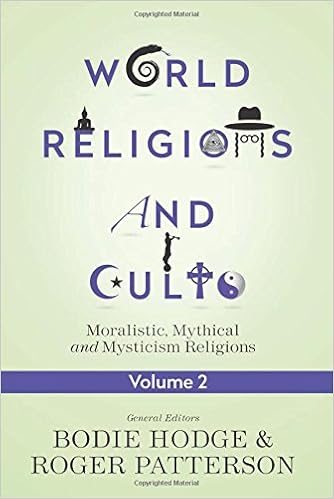Empiricism
Definition
Empiricism describes any philosophy which claims that all knowledge originates in experience, denying the validity of both deductive reasoning and divine revelation.
Keywords: Empiricism, Philosophy, Knowledge, Experience, False, Contradictory.
Veracity
Empiristic claims are false .
Proof
Any worldview that does not allow for its own foundation is deductively false.
Premise 1: Empricism is false if one must have prior knowledge to make sense of experiences.
Premise 2: One must have the prior knowledge of universal non-contradiction to make sense of experiences.
Conclusion: Therefore, empiricism is false.
Empiristic claims, when adhered to, deny the possibility of making sense of experiences, all the while claiming that making sense of experiences is the only way to know things. This contradictory denial of knowledge makes empiricism deductively false.
See also
Atheism

Gilbert Guttlebocker, Defender of Dragons
Riveting, yet absurd; romantic, yet innocent; Gilbert Guttlebocker, Defender of Dragons is a little Roald Dahl, a little Harry Potter, and a little Chronicles of Narnia, all rolled into one. Timothy McCabe collaborates with the great Benedict Ballyhoot to bring you the novel of the century!

In Printed Form
Along with numerous other authors including Don Landis, Bodie Hodge and Roger Patterson, Timothy McCabe contributes analyses of various world religions and cults in this volume from Master Books.
Other Writings
"Why does God change His mind so much? (Gen 6:7; Exd 32:14; Jdg 2:18; 1 Sam 15:35; Jhn 3:10 etc)"
Below are the verses cited in the question. John 3:10 doesn't seem to fit the question, so I assume it was a typo. Nonetheless, the other verses should more than suffice to make the point the questioner intended. Genesis 6:7 The LORD said, "I will blot out man whom I have created from the face of the land, from man to animals to creeping things and to birds of the sky; for I am sorry that I have made them.
Continue reading...
"If God created everything and decided how it would be, wouldn't our sins be his fault?"
The word "fault" means a defect or an imperfection. God has no defects or imperfections, and it is nonsensical to suggest that the contrary could be true, for if God had defects or imperfections, they would not be recognized as defects or imperfections by anyone, including Him, and thus to call them defects or imperfections would be utterly meaningless. Further, if God were anything other than perfect-in-every-way, nothing could be trusted at all since He is the source of everything.
Continue reading...
"Since an Actual Infinity cannot logically exist, is an infinite God a logical contradiction? Are there any religions that believe in God as a potential infinitely omnipotent being, but not an actual one?"
Complete sets with members that are unending in quantity do exist. A sample set would be the set of all possible configurations of the letters ABC, where duplication of characters is permitted. We would have: ABC, ACB, BAC, BCA, CAB, CBA, AABC, AACB, ABAC, ABCA, ACAB, ACBA, BABC, etc. In fact, the quantity of complete sets with members that are unending in quantity are themselves unending in quantity (the set of all infinite sets is an infinite set).
Continue reading...